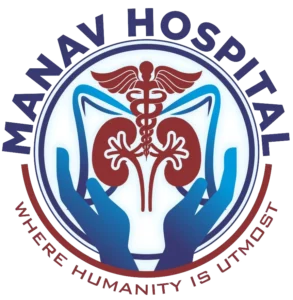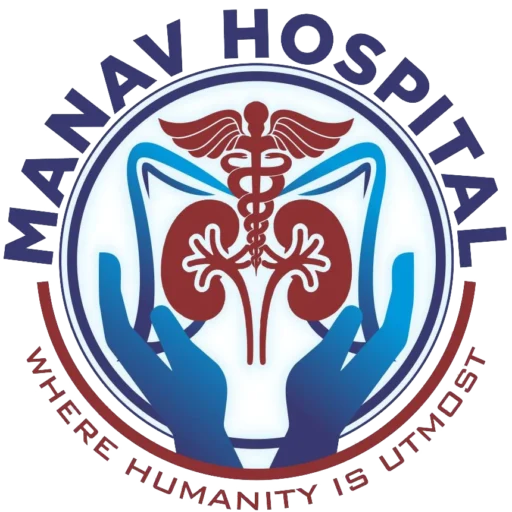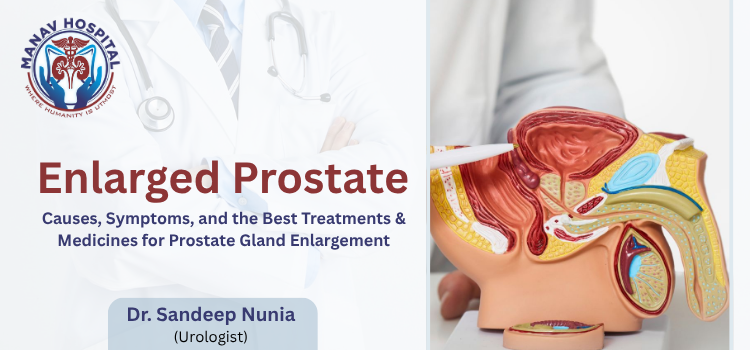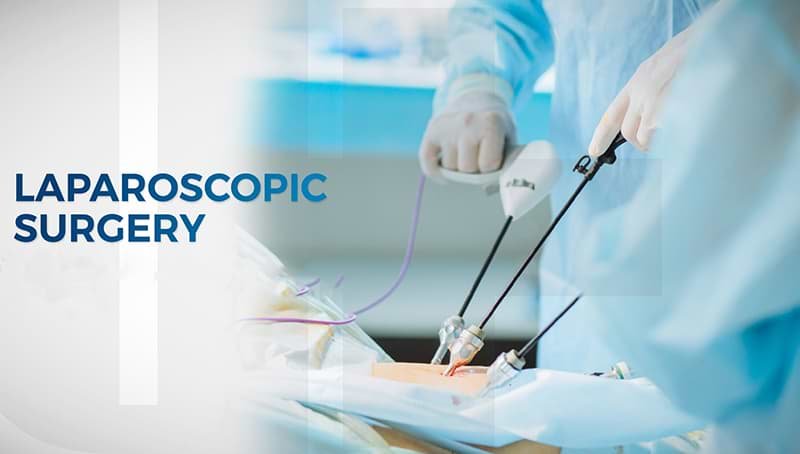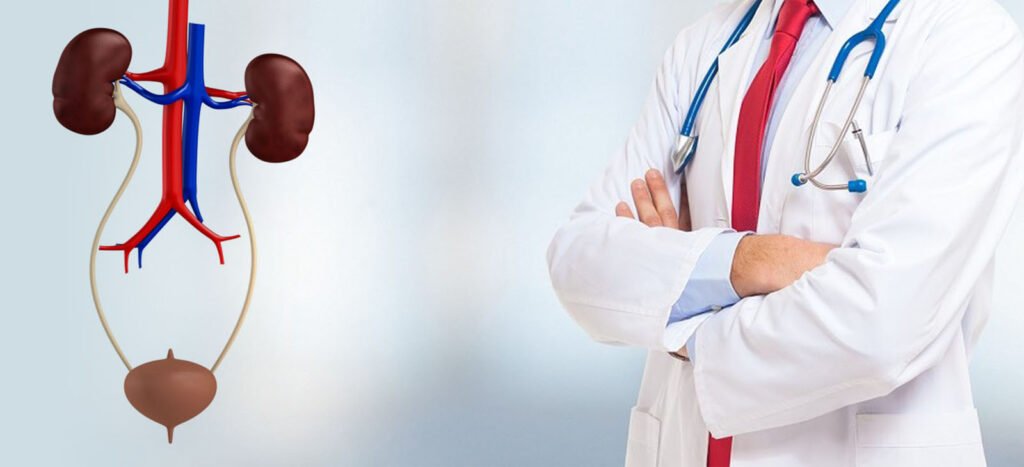Enlarged Prostate: Causes, Symptoms, and the Best Treatments & Medicines for Prostate Gland Enlargement
What Is Enlargement of Prostate (Prostate Gland Enlargement)? An enlarged prostate, in medical science known as a Benign Prostatic Hyperplasia (BPH), is a non-cancerous prostate gland increase in size – a small gland located under the bladder and it’s helps produce semen. In men it’s common that prostate to gradually enlarge, and it can sometimes press against the urethra and effect the normal urine flow. It’s common in men over the age of 40-50, the chances of developing symptoms increasing size with age. According to Dr. Sandeep Nunia, Senior Urologist at Manav Hospital, “Prostate enlargement is a common and natural part of aging for many men and, in most of cases it’s fully manageable with expert consultation and timely treatment.” Early diagnosis and healthy lifestyle can make a significant change in maintaining urinary health and overall healthy life. Common reasons for Enlarged Prostate (Why it happens) In India most of man above the age of 45, Prostate gland enlargement – or Benign Prostatic Hyperplasia (BPH) – develops commonly due to mix of age-related and lifestyle factors. The most common reason is aging, and the hormonal changes in body with age. As testosterone levels decline and dihydrotestosterone (DHT) build up, and it’s triggered the growth of prostate cells, leading to an increase gland size. Major Causes of Prostate Enlargement: As explained by Dr. Sandeep Nunia, leading Urologist at Manav Hospital Jaipur, “Most of the cases of prostate enlargement are linked to age and lifestyle, but early detection and timely management can help avoid complication.” Regular health check-ups, healthy balanced diet, and regular exercise can significantly reduce the chances of developing prostate related issues. Early and Advanced Symptoms of Enlarged Prostate Recognizing the early symptoms of prostate enlargement can make a big difference in how effectively the condition is managed. In the starting, men notice the changes like frequent urination especially at night, or a sudden urge to urinate and it’s hard to control. Over the time symptoms may progress to difficulty starting urination, a week urine flow, or dribbling even after finishing. In some cases, men feel the sense of incomplete bladder emptying, and it can lead to discomfort and repeated washroom visits. In the advanced stages of BPH, urinary flow may become very slow, or men might experience pain, burning, or inability to urinate. Don’t ignore this signs. Early Symptoms: Advanced Symptoms: According to Dr. Sandeep Nunia, “If you facing the urinary problems or frequent night time urination, it’s best time to consult with urologist early. Timely diagnosis ensures the better control and prevents complications like urinary infection or bladder damage.” Early awareness and professional evaluation are the key to balanced prostate health and ensuring a healthy life. Best Treatments & Medicines for Prostate Gland Enlargement At Manav Hospital, Jaipur, prostate enlargement (Benign prostatic Hyperplasia – BPH) is treated with the modern latest medical and minimally invasive techniques that focus on improving urine flow, reducing discomfort, and preserving overall health. Medical Management (First-Line Treatment): Advanced & Minimally Invasive Treatments: According to Dr. Sandeep Nunia, Senior Urologist & Andrologist at Manav Hospital, “Every patient has a different prostate condition. With the modern diagnostic tools and minimally invasive treatments, we ensure fast recovery, minimal side effects, and long-term relief.” If you experiencing frequent urination, weal flow, or discomfort should not delay consultation with expert. Early and expert treatment can prevent complications and bring back to a normal lifestyle. Preventing Prostate Enlargement & When to Seek Help While prostate enlargement (BPH) is a common part of aging, maintain a healthy lifestyle is the best way to keeping your prostate healthy over the time. Maintaining a balanced diet rich in healthy fruits, seasonal vegetables, and antioxidant, and stay physically active, avoiding excessive alcohol, smoking and reducing the stress can significantly decries the chances and risk. Regular health check-ups above the age of 40 are most important to early detection and maintaining the healthy lifestyle. At Manav Hospital, Jaipur, expert Urologist Dr. Sandeep Nunia specializes in advanced prostate treatment, including laser surgery and Rezum Water Vapour Therapy, offering safe, effective, and long-lasting relief. With the patient centric approach, modern facilities, and personalized care. Manav Hospital ensures that every patient receives the best urological treatment with comfort and confidence and live healthy lifestyle. Take the action against your prostate health today – Book your consultation at Manav Hospital and experience expert care for a healthy and worry-free life. FAQs About Enlarged Prostate (BPH) 1. What is the main cause of prostate gland enlargement? The main cause of the enlargement of the prostate is an age-related hormonal imbalance in body, and this effect the rise of dihydrotestosterone. And another reasons are genetics, obesity, smoking, and lack of physical activity. As men grow older, usually after the age of 40, these factors trigger the proliferation of prostate cells and result in Benign Prostatic Hyperplasia. 2. What are the early signs of an enlarged prostate? Early symptoms include: So, if saw any symptoms, you need an experienced urologist such as a Dr. Sandeep Nunia at Manav Hospital. 3. Is it possible to treat an enlarged prostate without surgery? Yes, many cases of enlargement don’t need a surgical treatment it can be managed through medication and lifestyle changes. Medications like alpha-blockers and 5-alpha reductase inhibitors relax the muscles of the prostate and reduce the size of the gland. There are also other advanced non-surgical options, such as Rezum Water Vapour Therapy. 4. When should I see a urologist for prostate problems? Consult a urologist in case of the following: Early consultation ensures better results and avoids complications like urinary retention or kidney problems. 5. In Jaipur, which is the best doctor for prostate-related troubles? Dr. Sandeep Nunia at Manav Hospital, Jaipur, is among the best urologists for the treatment of the prostate. He specializes in laser surgery and Rezum Water Vapour Therapy, and offers safe, advanced, individualized options for BPH and other disorders of the prostate. Pro Tip for Readers: Don’t ignore early urinary symptoms. With modern prostate treatments
